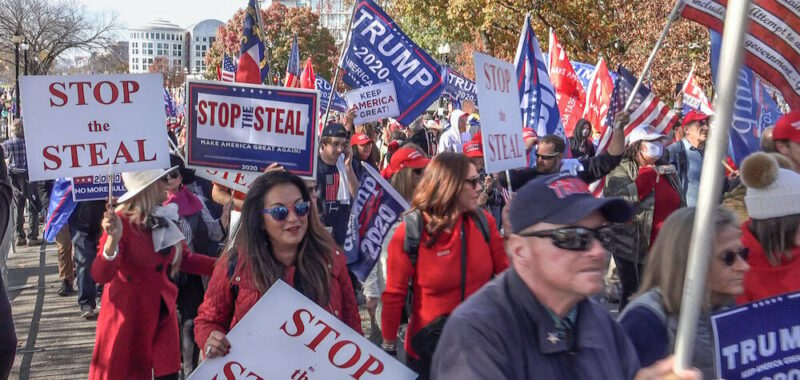As the U.S. presidential election barrels toward an inflection point, millions of dollars in bets on the White House’s winner will soon be settled through the ballot box—in theory, at least.
For months, the growing popularity of prediction platforms like Polymarket and Kalshi has positioned Election Day as a high-stakes betting spectacle. And their rise has inspired similar offerings from firms like Robinhood, enabling traders to wager on the next commander-in-chief.
However, determining an election winner won’t be as straightforward as the effective coin toss that prediction platforms foresee in the 2024 race’s final moments. Rather, each market is pushing forward with its own format for resolving millions of dollars of bets placed between former President Donald Trump and Vice President Kamala Harris.
We want to make sure everyone has a full understanding of the market rules for the Presidential Election ahead of Tuesday:
• The market will resolve when @AP, @FoxNews, and @NBCNews all call the race for the same candidate.
• In the unlikely event there is no consensus by…— Polymarket (@Polymarket) November 1, 2024
For Polymarket, which saw its flagship election market cross $3.2 billion in total volume Monday, the blockchain-based platform is relying on a consensus of reporting among media publications. When the Associated Press, Fox News, and NBC News all call the race for the same candidate, at that point, the market will likely resolve around Trump or Harris.
Still, the platform’s rules provide space for contested election results, in the event that the media publications aren’t on the same page. If a consensus hasn’t been reached by January 20, Polymarket’s winner will be crowned based on who is inaugurated.
Offering traders the opportunity to sidestep a contentious election’s aftermath, a contest allowing Polymarket traders to bet on who is inaugurated opened up Friday. That market has attracted $2.5 million in total trading volume since it was pinned to the top of the page for Polymarket’s aforementioned presidential winner market.
For Kalshi, the presidential election’s winner will be purely dictated by the party that sees their candidate inaugurated. That means that Harris or Trump could be declared the U.S. presidential election’s winner—even if their running mate is the one that’s formally admitted to office later, according to Kalshi’s website.
When it comes to Robinhood’s election prediction market, which launched last week, the resolution is tied to contracts offered by ForecastEx. According to the terms for ForecastEx’s contract, the presidential election’s winner is a direct result of the certification process.
When Congress holds a joint session on January 6 next year, lawmakers will certify the election’s results. Only after the results of the certification process are published on the Congressional Record for the public to see will contracts from ForecastEx resolve the next day.
The former president, after losing a close race in 2020, claimed the election had been stolen from him. While courts ultimately dismissed more than 50 lawsuits questioning the election’s results, Trump has returned to those claims of election fraud in recent months, suggesting that the country’s democratic process could be mired in controversy a second time around.
With Election Day thrusting the 2024 race into a pivotal phase Tuesday, Trump has already begun to question the validity of voter tallies. Last Thursday, the Republican candidate said that cheating was the only way Democrats could win in 2024 at a campaign rally in Arizona.
Sometimes parsing a presidential candidate’s words against their actions can lead to confusion. When Robert F. Kennedy Jr. suspended his presidential campaign in August, for example, Polymarket odds whipsawed as traders tried to interpret whether or not the politician’s White House bid had actually officially ended.
As election odds tilt toward Harris or Trump on election day and afterwards, traders could lock in those gains or losses by selling those shares. Otherwise, they could be waiting on a payout for a while, depending on the platform where their money has been parked.
Edited by Andrew Hayward

